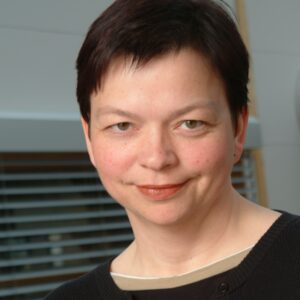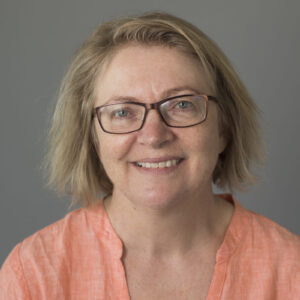
A cognitive approach to rural sustainable development – the dynamics of expert and lay knowledges
We use the study of changes towards sustainable development in rural Europe as a means of illuminating the shape and dynamics of European knowledge society more generally. We define a knowledge society as one which contains not just one but a plurality of knowledges, expert and lay. These range from the scientific, economic, administrative, and managerial to local, practical, and ecological knowledge, traditional repertoires, trial and error or experientially-based discoveries. We further define sustainable development as a knowledge-based set of practices, within which the expert form of knowledge has been dominant, but to which non-expert forms may make a significant contribution. We seek to identify the dynamics of these different forms of knowledge, and their functioning in relation to economy and society, through case studies in 12 different European countries of rural development projects oriented towards increasing sustainability. From an ecological point of view, rural areas are key areas for the transition to sustainable development. With the sustainability policy switch, rural areas have gained new economic significance in the post-industrial and post-agricultural development phase. This is visible in the manifold reactivations of the countryside as a diversifying, locally based economy encompassing new forms of agriculture (including organic and non-food production), small-scale food processing, new forms of rural tourism, new forms of managing the complex natural resources which are found in or related to rural areas. These reactivations, their varying social and institutional forms, and their use of different forms of knowledge, will be the subject of case-study research through which this project seeks to contribute to a comparative analysis of the emergence of European knowledge society, and to the provision of a sound knowledge base for policies to manage this transition.
Prosjektdetaljer
Fagområder
Prosjektnr
6173.00
Prosjektperiode
01/01/2004 - 31/12/2006
Samarbeidspartnere
Universitetsmiljø i 11 andre europeiske land
Finansiering
EU, 6. rammeprogram og Norges forskningsråd
Nyheter
Beklager, vi fant ingen nyheter relatert til dette prosjektet.
Kontakt oss
Ønsker du å komme i kontakt med oss?
Fyll ut skjemaet under så vil vi svare deg så fort som mulig.

